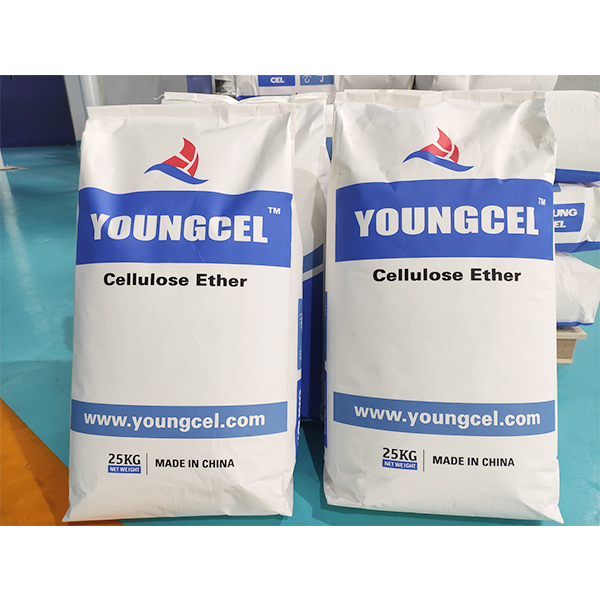Understanding Cellulose Thickener An Overview
Cellulose thickeners are versatile additives that play a critical role in various industries, including food, cosmetics, pharmaceuticals, and personal care products. Derived from natural cellulose, a polymer obtained from the cell walls of plants, these thickeners offer a range of functional properties that enhance both the texture and stability of products.
One of the primary advantages of cellulose thickeners is their ability to improve the viscosity of aqueous solutions. This is particularly important in food formulations where a thick, smooth texture is desired. When added to liquids, cellulose thickeners form a gel-like structure, which helps maintain a uniform consistency throughout the product. Common applications include sauces, dressings, soups, and non-dairy milk alternatives, where consumer preferences lean towards products that are easy to pour yet rich in texture.
In the cosmetic industry, cellulose thickeners are invaluable for creating lotions, creams, and gels. They not only enhance the product's aesthetic appeal by providing a luxurious feel but also stabilize emulsions, preventing the separation of oil and water phases. This property is crucial for ensuring product longevity and performance. Moreover, cellulose thickeners are often non-toxic, making them a favorable choice for sensitive skin formulations.
cellulose thickener

Pharmaceutical and personal care products also benefit significantly from the inclusion of cellulose thickeners. In medicinal syrups, for instance, these thickeners can improve mouthfeel and swallowing ease, making the medication more palatable for patients. Additionally, they play a role in controlled-release formulations, where the thicker consistency can help regulate the release of active ingredients, ensuring that they are delivered effectively over time.
The environmental aspect of cellulose thickeners is also worth noting. As they are derived from renewable plant sources, they align with the growing consumer demand for sustainable and eco-friendly products. Unlike synthetic thickeners, which can sometimes pose environmental hazards, cellulose thickeners are biodegradable and safe for disposal, making them a green alternative in various applications.
However, the processing of cellulose thickeners is crucial to their effectiveness. Through modifications such as etherification or esterification, their properties can be tailored to meet specific viscosity requirements or solubility characteristics, enhancing their functionality. This adaptability means that formulators can select the right type of cellulose thickener based on the desired end-use, whether it be for food safety, aesthetic appeal, or performance in pharmaceutical applications.
In conclusion, cellulose thickeners are essential compounds that enhance the texture, stability, and performance of a wide range of products. Their natural origin, coupled with their versatile properties, makes them a prominent choice across multiple industries. As the trend towards sustainability continues to grow, the demand for cellulose thickeners is likely to increase, reinforcing their role as key ingredients in the development of innovative and environmentally friendly products.
-
Rdp Powder: Key Considerations for Wholesalers in the Building Materials IndustryNewsJul.08,2025
-
Key Considerations for Wholesalers: Navigating the World of Hpmc - Based ProductsNewsJul.08,2025
-
Hpmc Detergent: Key Considerations for WholesalersNewsJul.08,2025
-
Key Considerations for Wholesalers: China Hpmc For Tile Adhesive, Coating Additives, Concrete Additives, and MoreNewsJul.08,2025
-
Crucial Considerations for Wholesalers: Navigating the World of Construction MaterialsNewsJul.08,2025
-
Key Considerations for Wholesalers Sourcing Additive For Cement, Additive For Concrete, Additive For Putty from Additive Manufacturer Shijiazhuang Gaocheng District Yongfeng Cellulose Co., Ltd.NewsJul.08,2025




